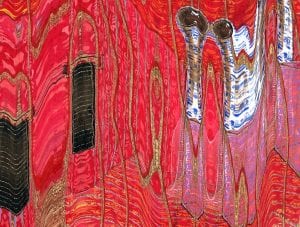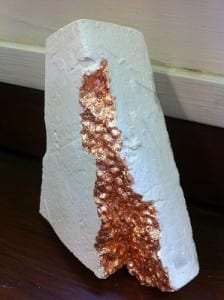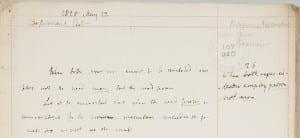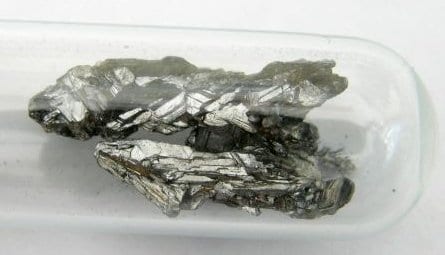What does LGBTQ+ inclusivity mean to UCL Culture?
By Helen Carney, on 10 March 2022
UCL Culture is a multidisciplinary team committed to connecting the world with UCL. We use our collections, museums, theatre and most importantly our people and know-how to mobilise the UCL community, inspiring them to engage people with their research and their research with people.
We know that unless we are inclusive of everyone, including those in the LGBTQ+ community, then we are failing both the UCL community and the wider communities of which we are a part. We also know that “being inclusive” is an active not a passive state of being, and that we, as a department, need constantly to challenge our own thinking and actions, and those of others.
Fundamentally, we want to reaffirm UCL Culture’s commitment to challenging our own thinking and actions on inclusivity – and to ask others to challenge us. Below are some of the current projects we are involved with in support of our LGBTQ+ colleagues and communities. We are also launching an open call for future projects that continue and strengthen this support.
Current projects
- Supporting an informative exhibition on trans lives, led by UCL’s Trans Network, to be displayed in the Cloisters and other locations at UCL around Trans Day of Visibility (TDOV) 31 March 2022. The display will use lived experience from members of UCL past and present to explain what being transgender does and doesn’t mean.
- Writing Trans Lives, enabled by a UCL Culture Beacon Bursary, recently brought together aspiring and established trans and non-binary writers through workshops, a public reading and the published anthology ‘Transcribed’. The established writers provided practical advice and developed aspiring writers’ expertise and experience in writing their own narratives.
- LGBTQ+-led non-profit organisation QUEERCIRCLE are partnering with UCL Engagement on the evaluation of their new LGBTQ+ health and wellbeing programme. QUEERCIRCLE will host a diverse programme supporting LGBTQ+ artists and offering community participation opportunities, and UCL Culture will provide evaluation expertise, including a new trainee role specifically for a person from the LGBTQ+ and Black/Asian/Minority Ethnic community.
- Co-Production Collective recently published a response to UCL’s decision not to rejoin Stonewall’s diversity schemes, reaffirming their commitment to inclusivity at UCL and in their work with external co-production partners. This response also invited audiences to share thoughts on how Co-Production Collective can support the trans community and champion inclusion and challenge discrimination more widely.
- UCL Culture EDI Committee acts to advance and embed equity and inclusion in UCL Culture ways of working across all areas of our activity.
Future projects
- Do you have an idea for a UCL Culture exhibition, workshop, talk, live experience, or other public activity that supports, empowers or champions LGBTQ+ communities, at UCL and beyond?
- Has one of the projects above inspired to you respond, or take an idea further?
Whatever stage your plans are at, we invite you to book onto an online Programming and Exhibitions Drop-in session where you can discuss a proposal with a member of our team.
Please book into one of our regular sessions here: https://calendly.com/chrisjwebb/programmes-exhibitions-drop-in
We look forward to hearing from you!
 Close
Close







